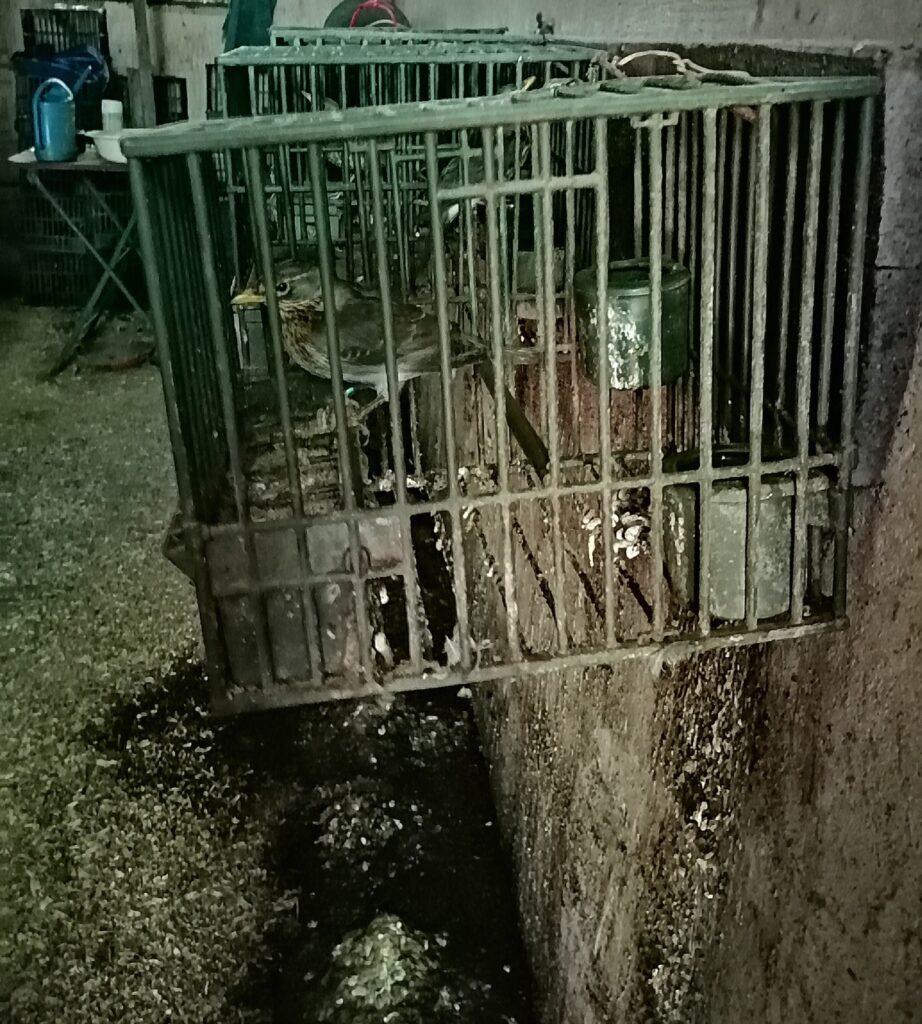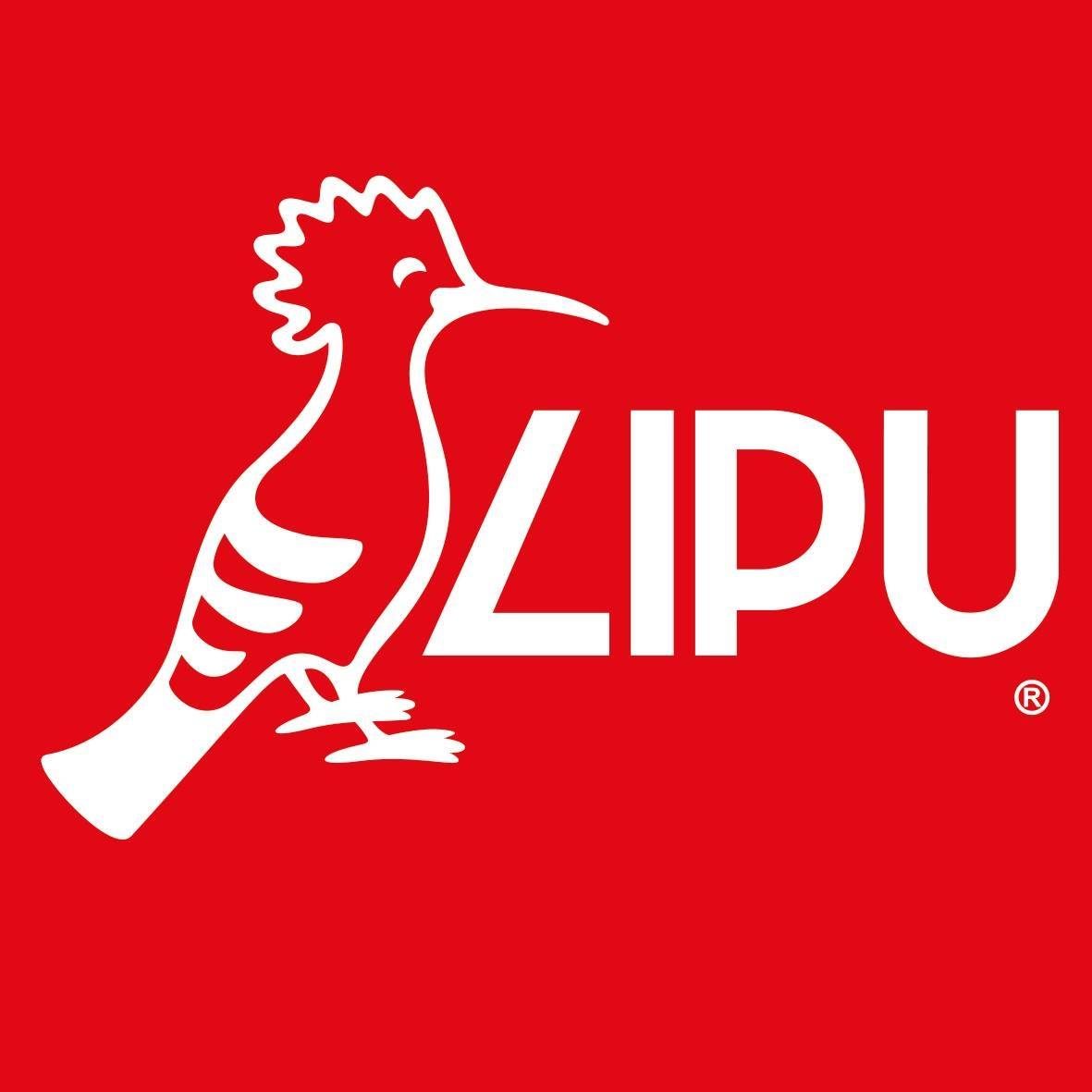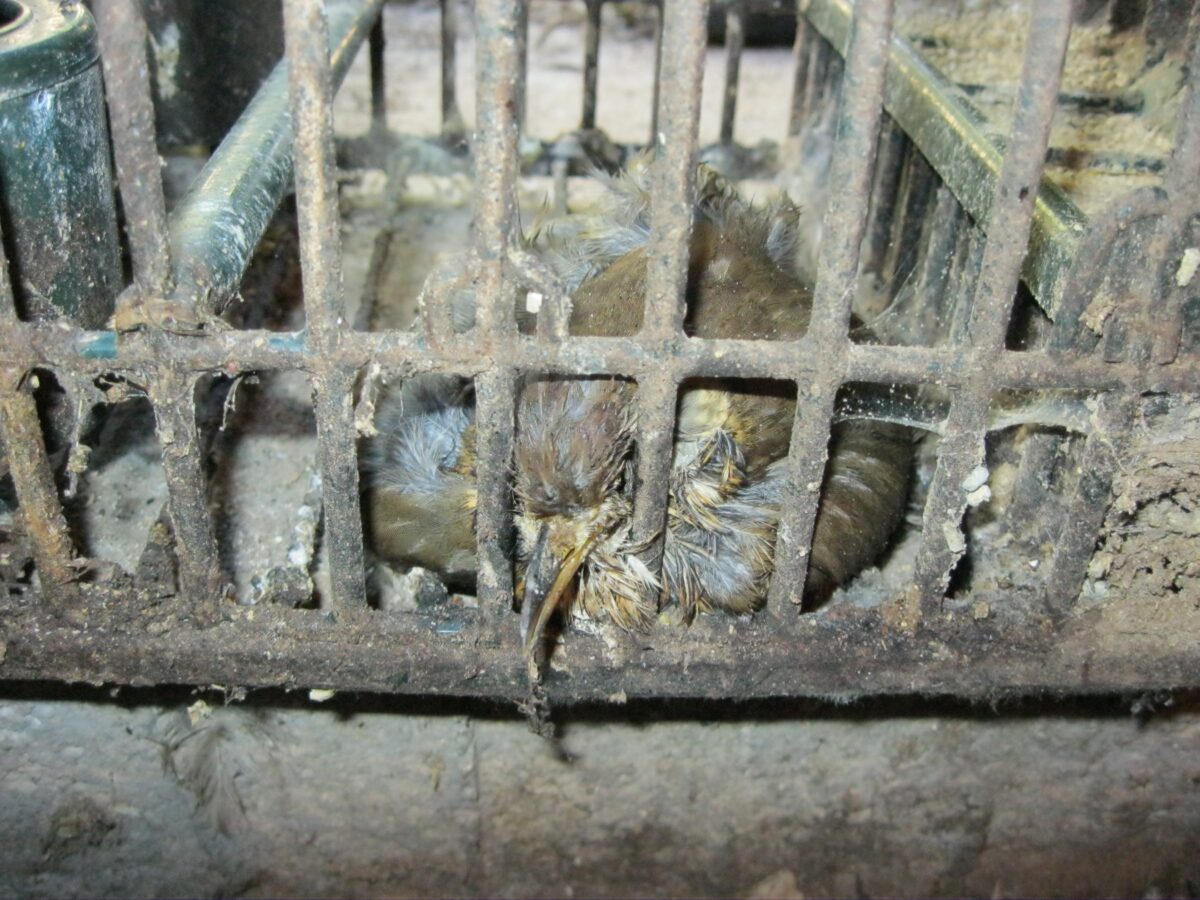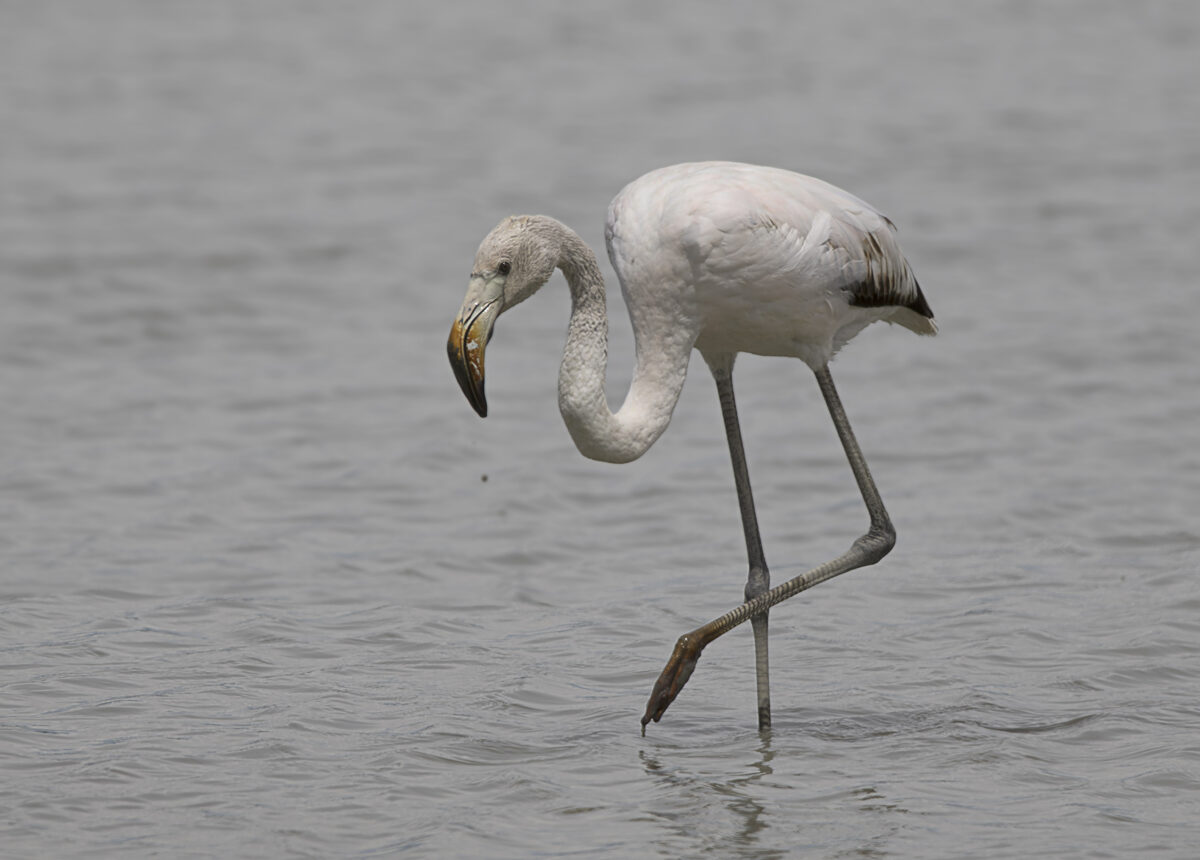[English version below]
Venezia, lì 14 luglio 2025
Ai sigg.ri Consiglieri Regione del Veneto Loro Sedi
Alle redazioni delle principali testate dei quotidiani in Gran Bretagna
Oggetto: Regione Veneto, Italia, Progetto di Legge Regionale nr. 313 del 3 febbraio 2025 “Modifiche alla legge regionale 1993 nr. 50” Norme per la protezione della fauna selvatica e prelievo venatorio”
Sostituzione contrassegno in autocertificazione alla detenzione di piccoli uccelli da richiamo per l’attività venatoria
Perché le testate giornalistiche della G.B.? Perché BirdLife G.B. ha 3 ml di soci, ed a livello mondiale la Royal Society for the Protection of Birds (RSPB) è nata nel 1889. Nonché molti piccoli uccelli catturati in Italia provengono da altri Paesi europei tra cui la G.B. in quanto migratori.
Gentili consiglieri regionali, gentili capo redattore,
queste Associazioni e molti soci ed iscritti, sono preoccupati per l’emendamento di modifica alla L. 50/93 circa la fauna selvatica. La sostituzione dei contrassegni agli uccelli da richiamo a mezzo un autocertificazione de facto sarebbe l’introduzione di una sanatoria alla detenzione di detta fauna ornitica. Renderebbe possibile una regolarizzazione di uccelli acquisiti illegalmente a mezzo canali non consentiti. In Italia non sono più stati catturati richiami vivi da oltre un decennio, indi quelli attuali sono nati in cattività e considerata l’aspettativa di vita di dette specie si dovrebbe avviare all’esaurimento del contingente detenuto. I cambiamenti climatici in atto ed in repentino sistematico peggioramento, impongono alla collettività ed ai loro decisori delle scelte responsabili. I piccoli uccelli, i migratori di medio e lungo raggio sono in forte difficoltà, i pericoli più frequenti sono l’alterazione degli habitat, l’uso di fitofarmaci in agricoltura, i cambiamenti climatici, il bracconaggio, abbiamo uccelli come il Santimpalo Saxicola torquatus in calo del 72% negli ultimi 5 anni, fonte Farmaland Bird Index ed. 2024. Concedere un’autocertificazione significa riaprire tout court un epoca che si pensava trascorsa. Se la cattura di uccelli da richiamo aveva un senso in periodi passati nei dopoguerra quanto l’Europa soffriva la fame, e la popolazione abbisognava di apporti proteici, ad ora, questa pratica barbara non ha più giustificazione. Questa attività atroce consiste nel catturare nel periodo di migrazione primaverile i piccoli uccelli, segregarli al buio tutta l’estate in gabbie grandi come un foglio di carta A4, spesso accecarli per migliorarne il canto, poi in autunno quanto la stagione venatoria riapre verranno messi all’esterno e scambiando la stagione autunnale per la primavera cantano attirando altri simili che verranno uccisi. La maggior parte dei piccoli uccelli catturati non sopravvive alla detenzione nelle gabbie e moriranno, altri invece dalla specie non consentita verranno illegalmente inviati nelle sagre e cucinati come polenta ed osei, una volta tolte le piume la specie non è più riconoscibile. Consentire un autocertificazione sarebbe autorizzare di fatto una sanatoria ed una riapertura di un periodo di bracconaggio non controllabile in quanto la norma aprirebbe molte difficoltà nell’attestare la provenienza legale o meno dell’uccello detenuto.
L’approvazione dell’emendamento in oggetto sarebbe in contrasto con le Direttive UE “Uccelli” ed “Habitat”
La Biodiversità è in forte sofferenza chiediamo ai decisori politici di non approvare provvedimenti che aggravano la tutela delle tante specie di uccelli pericolo di rarefazione ed estinzione.
Cordialmente
Il coordinatore regionale Lipu Veneto
Dr. Gianpaolo Pamio
Il presidente provinciale WWF di Venezia e Territorio
Dr. Roberto Sinibaldi
Il coord. regione Veneto di ENPA
Dr. Renzo Rizzi
Il responsabile regionale LAV
Dr. Massimo Vitturi

English Version
Venice, 14th july 2025
To the Regional Councillors of the Veneto Region – their offices
To the editorial offices of the main newspapers in Great Britain
Subject: Veneto Region, Italy – Regional Bill No. 313 of February 3rd, 2025 –“amendments to Regional Law No. 50 of 1993 – Rules for the Protection of Wildlife and Hunting Activities”. Replacement of the identification tag with self-certification for the possession of small decoy birds for hunting purposes.
Why British newspaper outlets? Because BirdLife Great Britain has three million members and on a global level, the Royal Society for the Protection of Birds (RSPB) was founded in 1889, and many small birds captured in Italy come from other European countries, including Great Britain, as they are migratory.
Dear Regional Councillors, Dear Editors-in-chief,
These associations and many members and subscribers are concerned about the proposed amendment to Law 50, paragraph 93, regarding wildlife. The replacement of identification tags on decoy birds with self-certification would, de facto, introduce an amnesty for the possession of such ornithological fauna. It would make it possible to regularize birds acquired illegally through unauthorized channels. In Italy, no live decoy birds have been captured for over a decade. The current ones were born in captivity, and considering the life expectancy of these species, the current stock should eventually be depleted.
The ongoing and rapidly worsening climate changes require society and its decision-makers to make responsible choices. Small migratory birds, both medium- and long-distance, are in serious trouble. The most frequent dangers include habitat alteration, the use of pesticides in agriculture, climate change, and poaching.
There are birds like the Saltimpalo (Saxicola torquatus) that have declined by 72% in the last 5 years, according to the Farmaland Bird Index, 2024 edition.
Allowing self-certification means reopening a chapter that we considered closed. If capturing decoy birds made sense in the post-war period – when Europe was suffering from hunger and people needed protein intake – today this barbaric practice is no longer justifiable.
This atrocious activity consists of capturing small birds during their spring migration, confining them in the dark all summer in cages no larger than a sheet of A4 paper, often blinding them to improve their singing. Then, in autumn, when hunting season reopens, they are placed outside; mistaking the autumn season for spring, they sing and attract other birds of the same species, which are then killed. Most of the small birds captured do not survive the confinement and die in the cages. Others, belonging to protected species, are illegally sent to festivals and cooked as ‘polenta e osei’ (polenta and birds). Once plucked, the species is no longer recognizable.
Allowing self-certification would effectively authorize an amnesty and reopen a period of uncontrollable poaching, as the regulation would make it very difficult to verify the legal origin of the detained birds. The approval of the proposed amendment would be in conflict with the European Union’s Birds and Habitats Directives. Biodiversity is already under severe threat; we urge policymakers not to approve such measures, which would worsen the protection of many bird species already at risk of decline and extinction.
Kindest Regards.
The regional Coordinator for Lipu Veneto
Dr. Gianpaolo Pamio
The provincial President of WWF for Venice and the surrounding area
Dr. Roberto Sinibaldi


